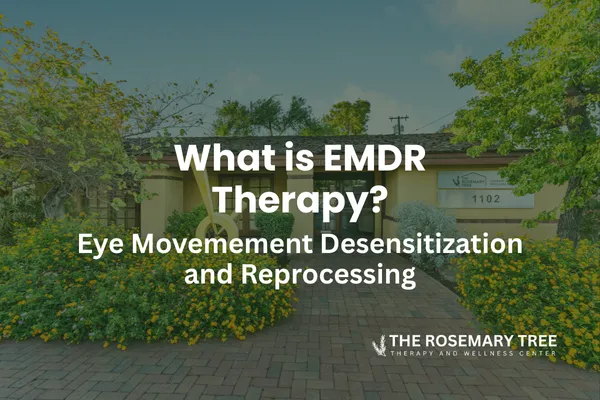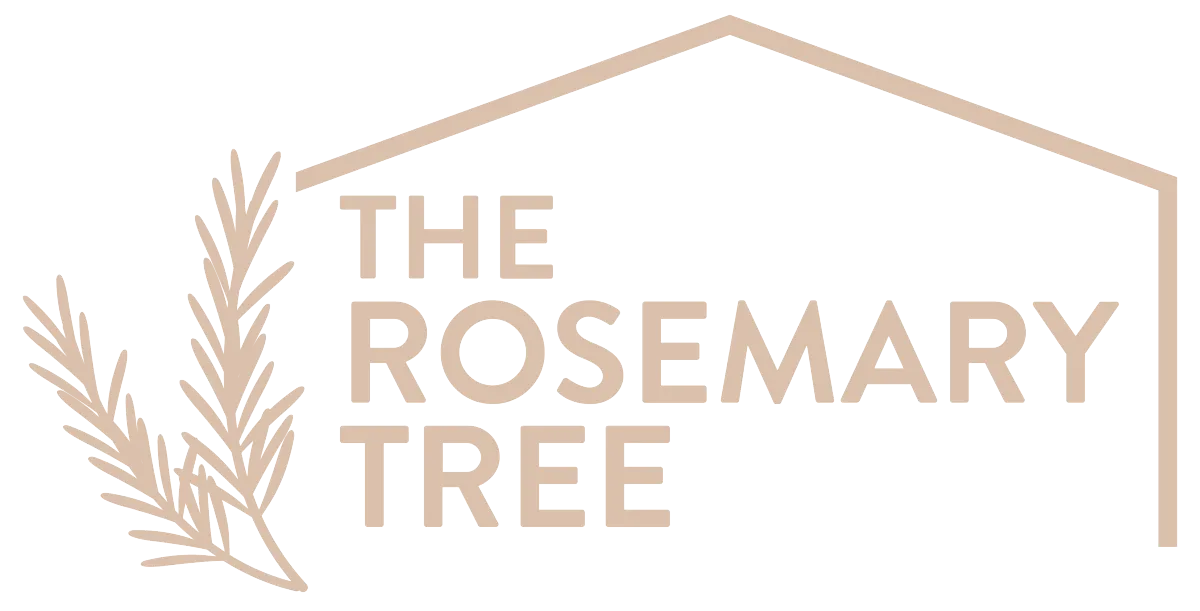
EMDR Therapy: Healing From Trauma by Reprocessing Memories
Trauma has a way of staying with us. For many people, painful memories feel “stuck” — replaying in flashbacks, disturbing dreams, or sudden emotional triggers. Eye Movement Desensitization and Reprocessing (EMDR) is a therapy designed to help the brain reprocess traumatic experiences so they no longer have the same emotional intensity.
At The Rosemary Tree, EMDR is one of the trauma-informed approaches we offer to help clients heal from the past and move forward with greater freedom.
What Is EMDR?
EMDR stands for Eye Movement Desensitization and Reprocessing. It’s a structured therapy that helps people heal from distressing life experiences by using bilateral stimulation — usually guided eye movements, tapping, or sounds — while recalling traumatic memories.
The theory behind EMDR is that trauma can get “stuck” in the brain’s natural processing system. By re-engaging both hemispheres of the brain through bilateral stimulation, EMDR helps the brain reprocess the memory so it loses its emotional charge.
How EMDR Works
History & Treatment Planning
Your therapist takes a detailed history and identifies target memories.
Preparation
You’ll learn grounding techniques to manage distress if strong emotions come up.
Assessment & Desensitization
The therapist guides you to recall a distressing memory while using bilateral stimulation.
Over time, the memory becomes less overwhelming.
Installation & Body Scan
Positive beliefs are reinforced (e.g., changing “I’m powerless” to “I survived and I’m strong”).
You’ll check for any lingering distress in the body.
Closure & Re-evaluation
Each session ends with grounding. Progress is reviewed in later sessions to ensure continued healing.
Who Can Benefit From EMDR?
EMDR is especially effective for:
Post-Traumatic Stress Disorder (PTSD)
Childhood trauma or abuse
Anxiety and panic disorders
Phobias
Grief and complicated loss
First responders, veterans, and survivors of accidents or violence
Why Choose EMDR?
Evidence-Based: EMDR is endorsed by organizations like the American Psychiatric Association and the Department of Veterans Affairs as an effective treatment for trauma.
Focused & Efficient: EMDR often produces results in fewer sessions than traditional talk therapy.
Whole-Person Healing: It addresses both mind and body, helping release trauma stored in both memory and physical sensations.
Flexible: Can be integrated with other therapies, including CBT, ACT, and narrative therapy.
Is EMDR Right for You?
If you struggle with disturbing memories, flashbacks, or overwhelming emotional triggers, EMDR may help you finally find relief. At The Rosemary Tree, our therapists are trained to guide you through EMDR safely and compassionately. Together, we’ll determine whether this approach — alone or combined with other therapies — is the right fit for your healing journey.
Learn More From Trusted Resources
Final Thoughts
Trauma doesn’t have to define your story. EMDR therapy provides a structured, evidence-based way to reprocess painful memories and reduce their emotional weight. With professional support, healing from trauma is possible — and you can move toward a life of greater peace and resilience.


